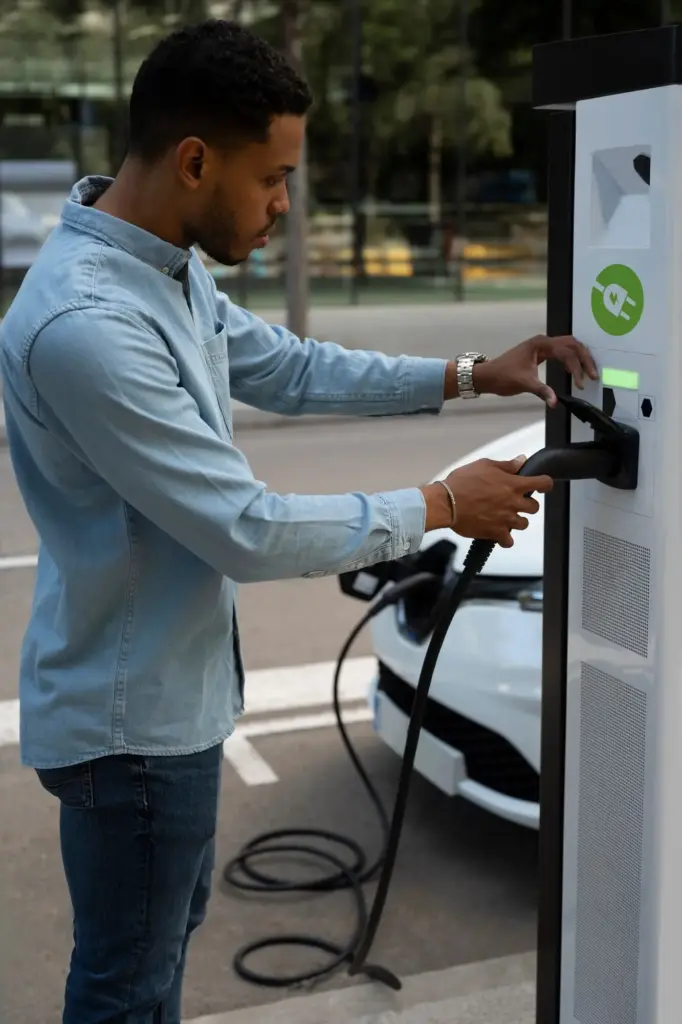Charge Anywhere: The Path to Seamless EV Networks
Why Compatibility Matters on the Road




Protocols That Power Open Charging
Roaming Models and Market Hubs
Security, Identity, and Trust at Scale
Certificates and Contract Handling
Hardening the Edge
Privacy by Design
Pricing, Transparency, and Regulation
From Pilot to Nationwide Rollout
Integration Playbook
Start with sandbox environments, automated OCPI and OCPP test suites, and reproducible staging pipelines. Validate tariffs, tokens, and certificate flows before public use. Monitor with synthetic sessions and real‑time alerts tied to precise error codes. Document rollback procedures and partner contacts, so incidents become controlled drills rather than chaotic scrambles that undermine trust and slow organizational momentum.
Operational Excellence
Reliability grows from disciplined operations: 24/7 network monitoring, proactive hardware inspections, spare parts logistics, and clear escalation paths. Publish uptime targets and keep them. Post‑mortems translate incidents into permanent improvements. Train support teams on roaming nuances, tariff logic, and Plug & Charge behaviors, ensuring every interaction restores confidence and compresses the time between issue detection and resolution.
Community and Feedback
Invite drivers to report station issues, pricing confusion, or Plug & Charge anomalies directly from your app or receipts. Highlight fixes publicly, not just successes. Encourage subscribers to share road‑trip experiences and charger availability tips. Your insights shape future guides here—reply with questions, request deep dives, and help us spotlight projects proving that open standards make charging truly effortless.